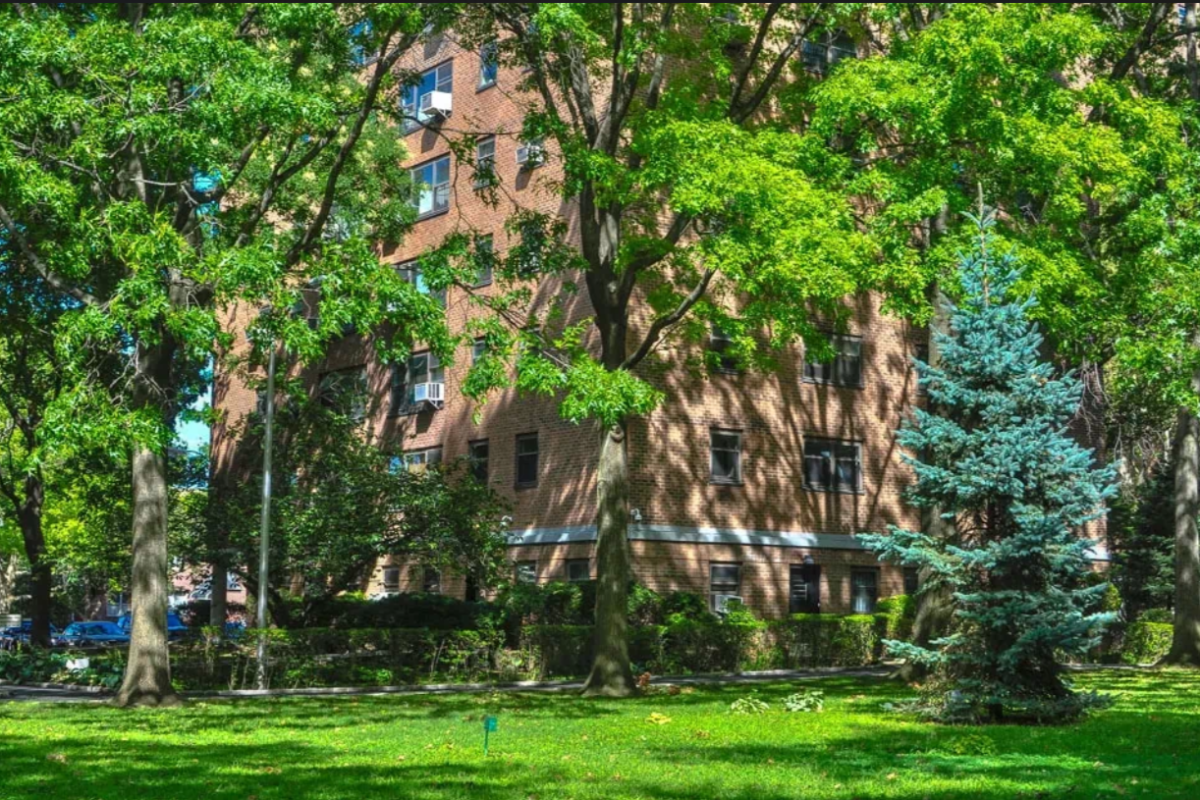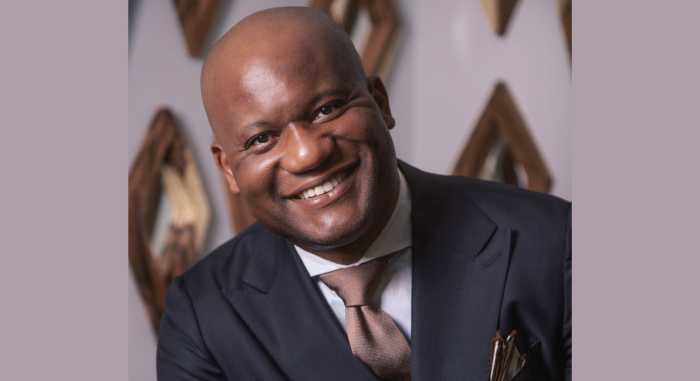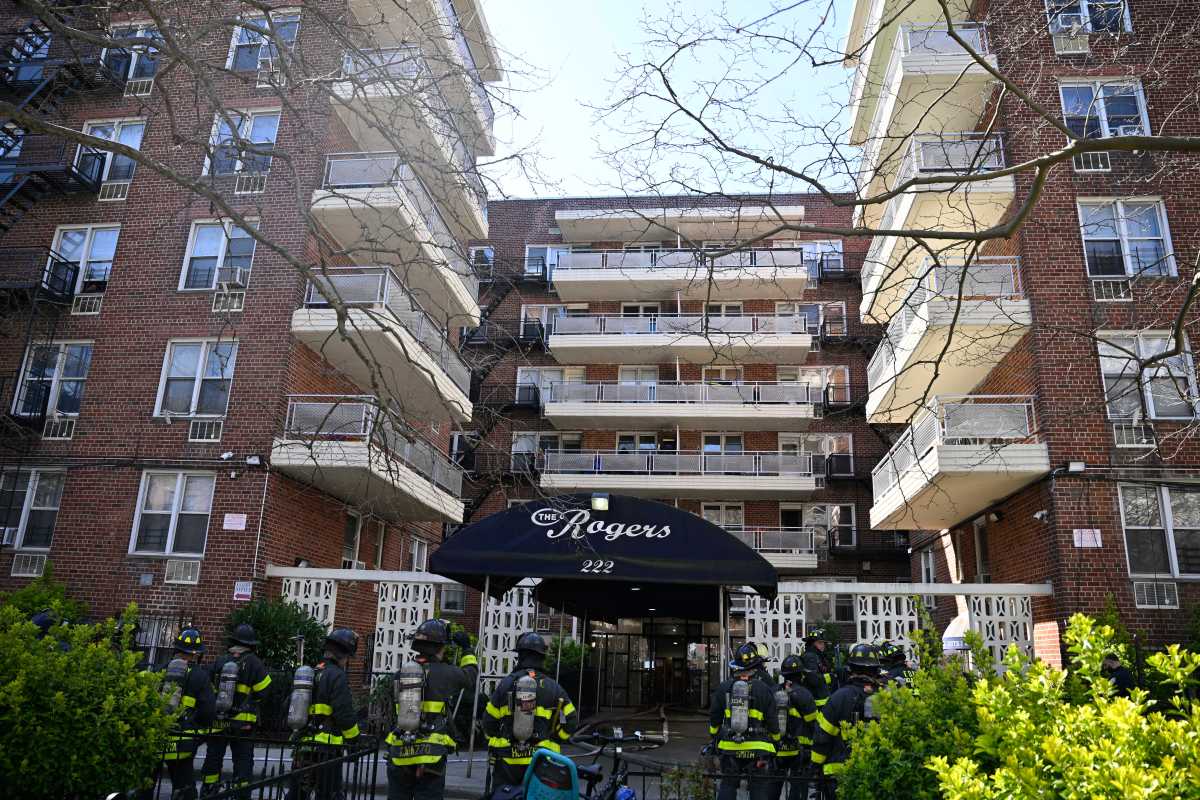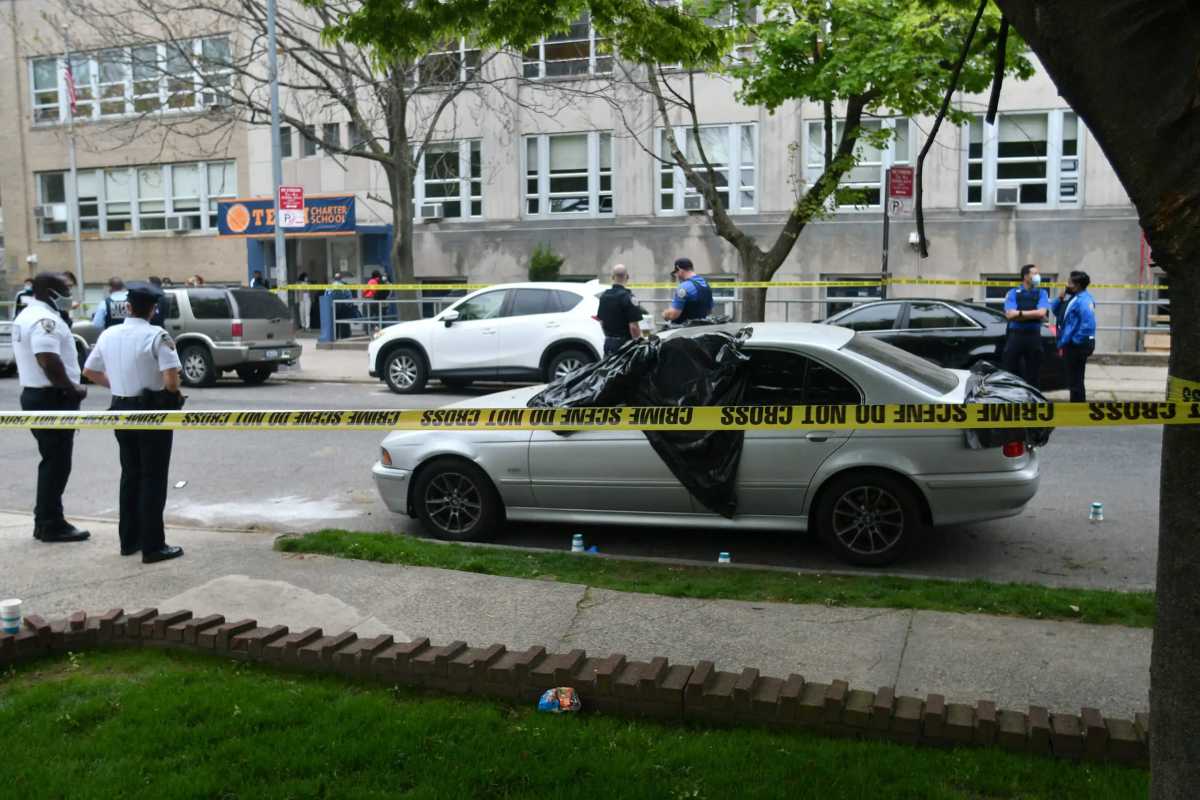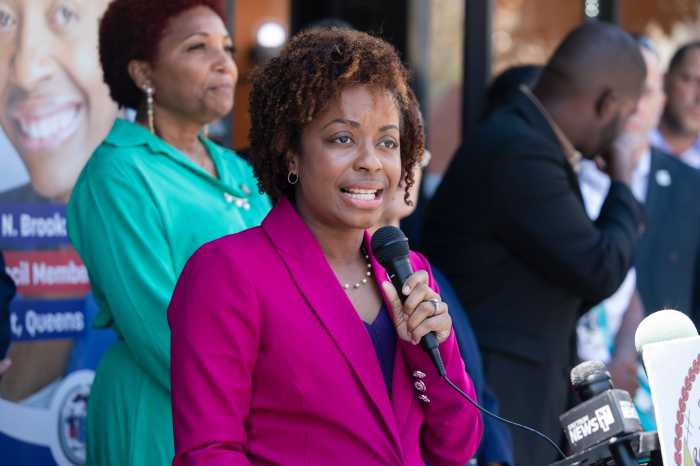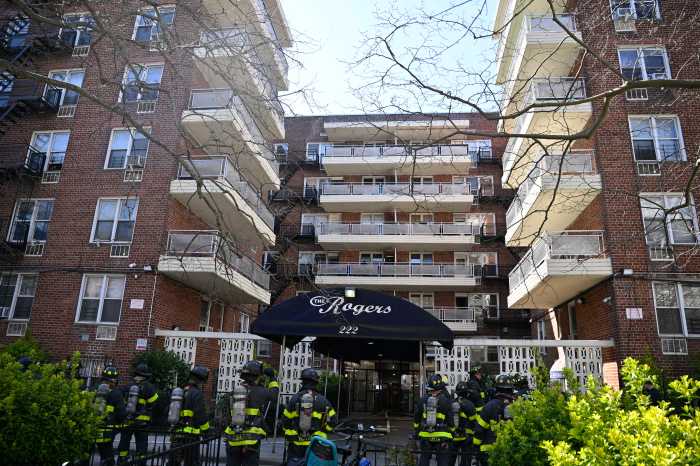
Councilman Mark Levine plans to introduce legislation Wednesday that would expand the scope of the nascent Right to Counsel measure, which is getting underway in housing court.
Last August, Mayor Bill de Blasio signed the Right to Counsel, which gives the government five years to begin providing free, legal representation to anyone facing an eviction in housing court and earning no more than twice the federal poverty level; those who earn more are entitled to a legal consultation.
About a year into the Right to Counsel’s implementation, Levine said several updates are needed to ensure the measure is truly universal.
“We’re really excited to be introducing a 2.0 legislation that we think will further expand and strengthen what has already been game-changing legislation,” said Levine, who co-sponsored the original Right to Counsel measure with City Councilwoman Vanessa Gibson. “It’s pretty clear that people who are unquestionably struggling economically today aren’t eligible for representation because of how low the cut-off is.”
The new legislation would increase the income cap from two to four times the federal poverty level, which would ensure that a person working 40 hours a week for $15 an hour — which minimum wage is slated to reach in 2019 — could access the service.
The bill would also add representation at several non-housing court venues, including during administrative hearings at the city’s Department of Housing Preservation and Development and the state’s Homes and Community Renewal agency — as well as for cases that are appealed and a portion that land in state Supreme Court.
Some of the administrative hearings in question relate to subsidies that recipients need to maintain their home, according to Marika Dias, director of the Tenant Rights Coalition at Legal Services NYC.
“The expansion of the types of cases covered is really intended to get at the fact that it’s not just in housing court that tenants are set on the path to eviction,” Dias said.
Finally, the measure would require the city to finance efforts by various community organizations to educate renters about when they are entitled to legal representation.
So far, Right to Counsel has assigned attorneys to tenants in housing court who live in 15 ZIP codes and meet the income requirements, Dias said.
From 2016 to 2017, evictions in ZIP codes covered in the Bronx fell 15 percent; those in Queens, 13 percent, according to the advocacy group Housing Court Answers. Collectively, landlords have also been filing fewer eviction cases, which Levine believes highlights how many frivolous cases are filed when owners assume tenants will not know their rights.
The city plans to gradually add to the number of covered ZIP codes and begin providing legal consultations to those making more than 200 percent of the federal poverty level.
The government is close to providing representation to those in New York City Housing Authority administrative hearings, according to Dias. Initially, the de Blasio administration said that service would be available in October 2017.
The Right to Counsel law required the city to hold a public hearing on the phase-in within a year, but that has not yet happened either.
The City Hall press office did not respond to questions about the delays in holding a hearing or getting into NYCHA administrative proceedings, but said it would consider Levine’s suggestions.
“We will review the proposed bills, but we agree that New Yorkers should not lose their homes because they cannot afford a lawyer and stopping wrongful evictions from happening makes both ethical and economic sense,” Jaclyn Rothenberg, a spokeswoman for de Blasio, said in a statement.




